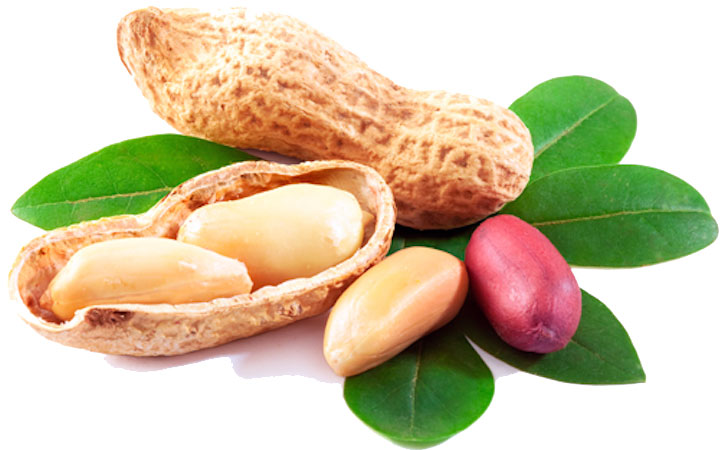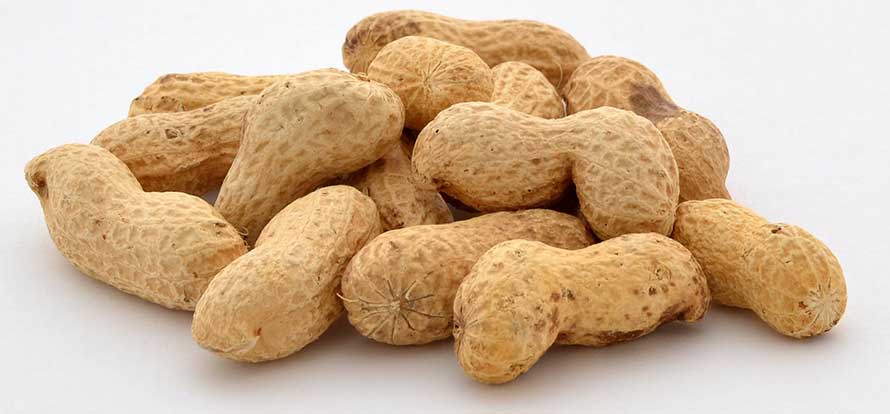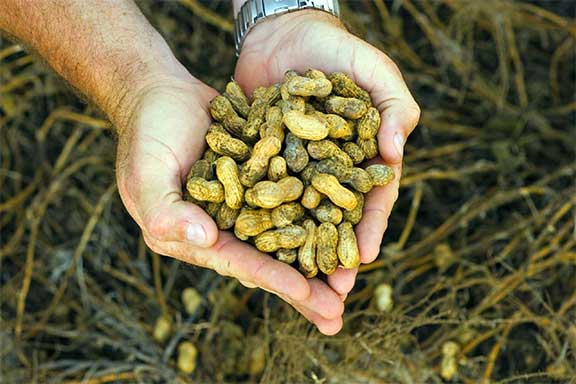
Peanuts. Nutrient and delicious
Interview with Dr Andrea Del Seppia, nutritionist expert in clinical and sports nutrition at the Ravenna Medical Center.
The Ravenna Medical Center is a private outpatient clinic in Ravenna, where the nutritionist Dr Andrea Del Seppia carries out nutritional visits to prepare personalized diets.
Peanuts. One leads to another
They have very similar qualities to dried fruit, but they are legumes. Better not to exaggerate with consumption, given the high caloric intake, while in the right quantities they offer various healthy properties.
Also known as American peanuts, because they originate from South America, peanuts are the symbol of parties, aperitifs with friends and relaxing breaks. But behind their convivial side, there is more. «Wrongly considered dried fruit, they actually belong to the legume family, such as beans, lentils and peas», explains Dr. Andrea Del Seppia, nutritionist expert in clinical and sports nutrition at the Ravenna Medical Center (www.nutrizionistaandreadelseppia.it).
«However, with nuts they share the crunchy texture, the high energy value and the good content of monounsaturated fats, which help to increase the levels of HDL cholesterol, the good one».
Rarely eaten raw, peanuts are preferred toasted, in the form of butter or used in the kitchen thanks to their seed oil, which boasts a good smoke point, a non-invasive flavor and a low cost. "Peanuts also contain B vitamins, vitamin E, potassium, copper and folate, as well as powerful antioxidants, such as resveratrol, p-coumaric acid and flavonoids," lists the expert. «Furthermore, for vegetarians and vegans, but also for those who follow a balanced Mediterranean diet, they represent an excellent source of protein, essential for the correct functioning of our body».
Also known as American peanuts, because they originate from South America, peanuts are the symbol of parties, aperitifs with friends and relaxing breaks
5 reasons to eat them
- Thanks to the fiber content, they accelerate intestinal transit and prevent constipation
- They contain biotin, a vitamin used in the cosmetic field, useful in skin and hair care
- Some scientific studies are evaluating its preventive properties against some tumors
- They are a good source of energy and help to counteract states of malnutrition or underweight
- They provide tryptophan, an essential amino acid which is involved in the synthesis of serotonin

A great snack
Given the low glycemic index and the high intake of fat, protein and fiber, peanuts are very satiating, so they quickly break hunger with a good energy supply.
Thanks to the fiber content, peanuts accelerate intestinal transit and prevent constipation
Your best friends
Peanuts have a low glycemic index, i.e. they allow a gradual release of sugar into the blood: this makes them suitable for those with high blood sugar or diabetes. Furthermore, thanks to the contribution of Omega-3 with a well-known anti-inflammatory effect and favouring good cholesterol levels, they reduce the risk factors for some chronic diseases, such as atherosclerosis and coronary heart disease.
They're good for the skin
Thanks to the biotin and vitamin E content, they help to counteract biological aging, including skin aging, hindering the appearance of wrinkles and keeping the skin younger.
Nutritional values per 100 grams
| Water (g) | 2,3 |
| Fats (g) | 50 |
| Proteins (g) | 29 |
| Fibers (g) | 10,2 |
| Carbohydrates (g) | 8,5 |
| Potassium (mg) | 680 |
| Phosphorus (mg) | 283 |
| Magnesium (mg) | 175 |
| Calcium (mg) | 64 |
| Sodium (mg) | 6 |
Dati: CREA – Consiglio per la ricerca in agricoltura e l’analisi dell’economia agraria

Bomb for sportsmen
Thanks to their high caloric intake and low glycemic index, peanuts - like dried fruit - are an excellent snack to consume before intense training, especially in endurance sports (such as cycling, running, triathlon or swimming). After physical activity, however, their magnesium and potassium content promotes muscle recovery and prevents cramps.
Strong and healthy bones
Peanuts provide minerals like phosphorus and calcium, which help build strong, healthy bones. They also contain magnesium, another essential element for increasing bone density and helping our skeleton stay healthy.
About 600 calories
every 100 grams
Matter of nerves
Among the B vitamins, B6 stands out (also known as pyridoxine), important for the normal development of the brain, stimulating its functions and keeping the nervous system healthy.
20-25 grams
the ideal portion
Better natural
Although tasty, it is good to limit the salty versions (the great classic of aperitifs) and the caramelized ones, typical of the stalls of fairs and festivals. Better to buy them natural and to be shelled.
They can cause allergies
Peanuts are among the most common and problematic causes of food allergy: even after taking small quantities, predisposed subjects can experience various symptoms (such as itching, vomiting, nausea, diarrhea, urticaria, asthma attacks, dizziness or a sense of suffocation) and in the most serious cases a state of anaphylactic shock can also occur.